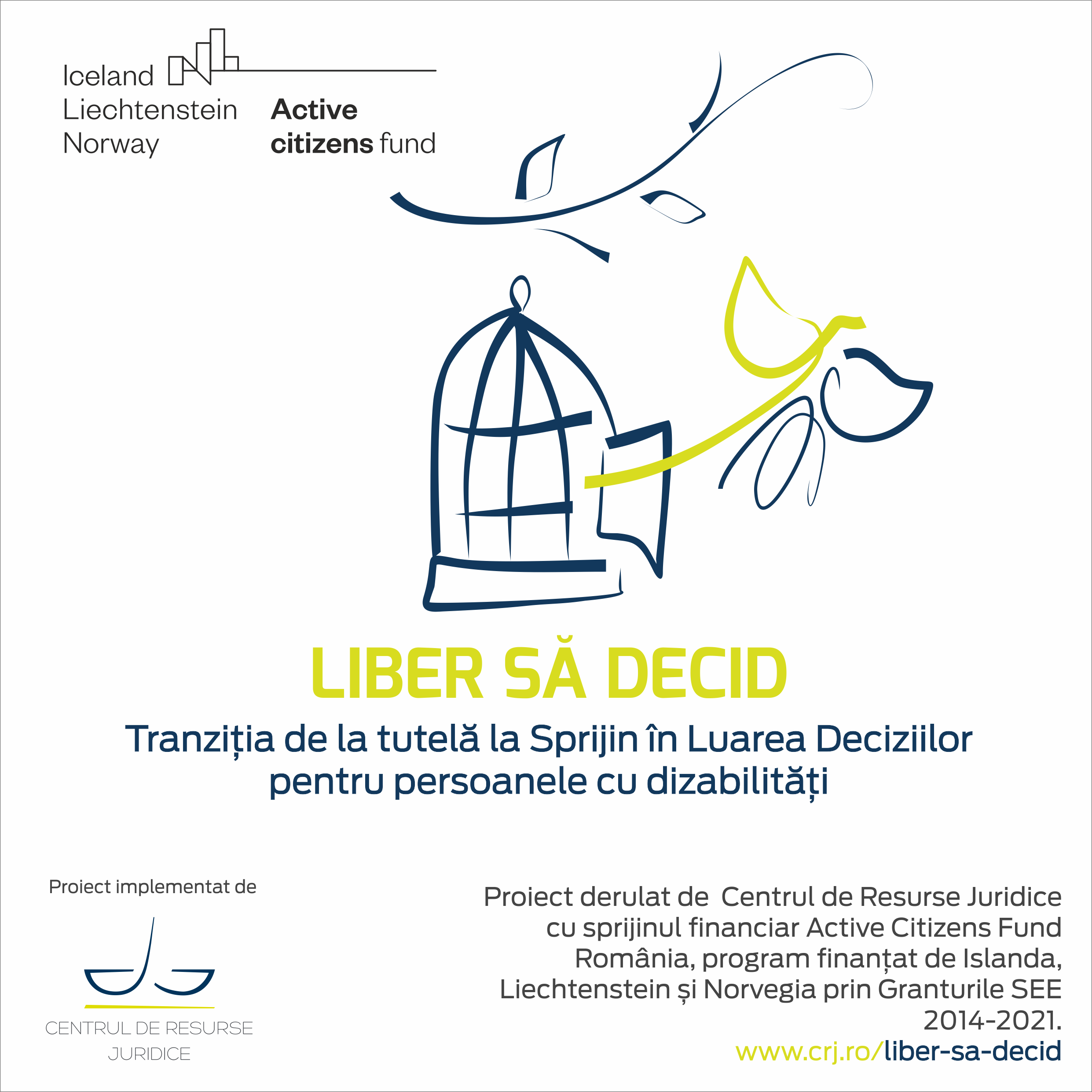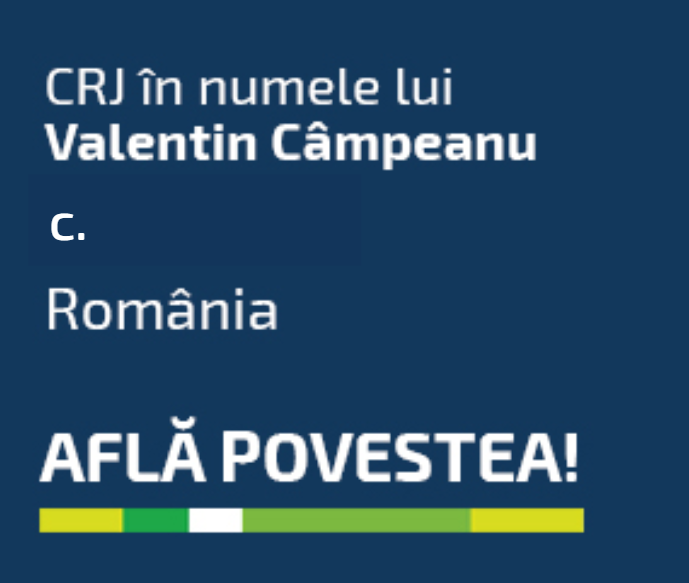We learned yesterday[1] that the Foreign Intelligence Service has been consulted by the Department of National Security of the Presidential Administration and the General Secretary Office of the Government, the posted drafts being working versions resulting from these consultations, which will go through the legislative processes provided by law.
If this is the case, an analysis of the legal prerogatives of the institutions listed above leads to the following:
1) The Department of National Security (“DNS”) of the Presidential Administration HAS NO LEGISLATIVE INITIATIVE
On the website of the Presidential Administration, this is presented as follows: Within the legislative process, the Department of National Security formulates proposals for the granting of consents by the CSAT for draft legislative acts initiated by the Government, which regulate activities relating to the defense of the country and national security. The Department also evaluates the legislative acts regulating issues in these areas to be promulgated by the President, submitting proposals in this regard[2].
So, according to its own description, the DNS has only two tasks in terms of normative acts: it provides proposals to the Supreme Council of National Defense (in Romanian CSAT) in the endorsement procedure of certain normative acts or proposals before the promulgation of laws by the President.
In fact, the DNS has no legislative initiative as the institution of the President of Romania does not. And since the President does not have it, his working apparatus, organized within the Presidential Administration, is even less likely to have it.
2) The General Secretary Office of the Government (SGG), also HAS NO legislative initiative, as it is part of the Government’s working apparatus. As such, it is in charge[3] of following procedures in the process of drafting, endorsing and adopting draft legislation. This is exactly what it has not done with regard to this package of legislative proposals.
As for the Romanian Intelligence Service (a number of military units), it is defined (art. 1 of Law no. 14/1992) as an organized state service specialized in the field of intelligence concerning Romania’s national security, part of the national defense system, its activity being organized and coordinated by the Supreme Council of National Defense. It is under parliamentary control. In our view, the Romanian Intelligence Service is not an autonomous administrative authority since, among other things, it does not have the power to issue individual or normative acts for the purpose of implementing the law.
The Foreign Intelligence Service (another sum of military units) is defined as the specialized state body in the field of foreign intelligence on national security and defense of Romania and its interests (Art. 1 of Law 1/1998), under parliamentary control, its activity being organized and coordinated by the Supreme Council of National Defense (Art. 2 and 3 of Law 1/1998). It does not have the attributes of an autonomous authority either, whether administrative or not.
Regarding the Supreme Council of National Defense (the CSAT), according to Article 2, letter d), paragraph 1 of Law no. 415/2002 on the organization and functioning of the Supreme Council of National Defense, it approves the draft normative acts initiated or issued by the Government on national security, therefore it has no right of legislative initiative.
In conclusion, none of the authorities or services listed above has the right to initiate legislation, and this process, regardless of the legal path or changes made, is deeply flawed.
Regarding the Parliament, as the sole law-making authority of the country, it cannot claim that it was unaware of what was to come and, in this regard, we make two arguments:
- According to the same source, the SIE also states that the amendment of its operating law “is in line with” the objectives proposed by the National Defense Strategy for the period 2020-2024, approved by the Decision No. 22 of the joint meeting of the Senate and the Chamber of Deputies of June 30th, 2020, published in the Official Gazette of Romania, Part I, No. 574 of July 1st, 2020”.
- Paragraphs 213 and 214 of the aforementioned strategy approved by the Romanian Parliament state as follows: From the perspective of the implementation of the present National Strategy for National Defense, a complementary condition to all the other values and principles on which the elaboration of this programmatic document was based is the provision of a coherent and applied legislative framework, aimed at contributing to the consolidation of the security culture and the modernization of the institutions responsible for national security. Although the legislative framework exists in Romania and the institutions are functional, the regulations in the field of national security have been the subject of several proposals for amendment and completion, without concrete purpose.
As well as the fact that:
or the period 2020-2024, the legislative framework in the field of security needs to be adapted in order to provide the responsible national institutions with the necessary tools for quick alignment and flexibility to manage the challenges to national security[4].
Although the Parliament has adopted this strategy, it has not taken any steps to adopt the legislation, let alone to make an assessment of how the modern intelligence services could be redesigned in practice.
The Center for Legal Resources will not at this stage comment on the substance of the legislative proposals, as it agrees with most of the views expressed by non-governmental organizations or media organizations.
However, we would like to draw attention to the fact that these things do not happen all at once, but they represent a process of surrendering democratic space to the powerful, uncontrolled civil institutions, a process that has often been applauded in a frenzy by the opinion leaders and organizations. As it is never too late, and especially as we must remember what so many people died for in December 1989, we remind you of the following:
- February 2009: www.crj.ro/21-ianuarie-2009-romania-devine-o-tara-a-lui-big-brother/
- January 2015: www.crj.ro/big-brother-3-la-fel-de-neconstitutionala-ca-si-big-brother-2/
- March 2016: www.crj.ro/despre-decizia-curtii-constitutionale-nr-512016-scurt-comentariu/
- March 2016: www.crj.ro/apel-catre-jurnalisti-si-politicieni/
- March 2016: www.crj.ro/comentariu-asupra-notei-de-fundamentare-a-oug-privind-unele-masuri-pentru-punerea-in-executare-a-mandatelor-de-supraveghere-tehnica-dispuse-in-procesul-penal/
- March 2016: www.crj.ro/comentariu-asupra-oug-privind-unele-masuri-pentru-punerea-in-executare-a-mandatelor-de-supraveghere-tehnica-dispuse-in-procesul-penal-update/
- March 2016: www.crj.ro/garantii-legale-pentru-respectarea-drepturilor-omului-in-cadrul-metodelor-speciale-de-supraveghere/
- April 2016: www.crj.ro/prezentari-din-cadrul-dezbaterii-garantii-legale-pentru-respectarea-drepturilor-omului-in-cadrul-metodelor-speciale-de-supraveghere/
- April 2016: www.crj.ro/ministrul-justitiei-raluca-pruna-a-refuzat-din-nou-sa-participe-la-dezbaterea-cu-societatea-civila-pe-tema-legislatiei-ce-implica-responsabilitatea-statului-in-respectarea-vietii-private/
- October 2016: www.crj.ro/opinie-privind-proiectul-de-ordonanta-de-urgenta-privind-infiintarea-unitatii-de-protectie-interna-upi-a-ministerului-afacerilor-interne/
- November 2016: www.crj.ro/democratia-se-construieste-cu-civili-nu-cu-militari/
- January 2017: www.crj.ro/administratia-prezidentiala-recunoaste-ca-csat-si-sri-lucreaza-de-peste-doisprezece-ani-in-afara-constitutiei/
- January 2017: www.crj.ro/crj-solicita-declasificarea-protocolului-de-colaborare-mp-sri/
- www.crj.ro/despre-independenta-justitiei-romanesti-si-ecourile-maniei-proletare/
- May 2018: www.crj.ro/justitia-militarizata/
- April 2018: www.crj.ro/cate-protocoale-clasificate-trebuie-sa-mai-iasa-la-iveala-pentru-ca-csat-sa-se-hotarasca-sa-publice-propriile-hotarari-in-urma-carora-au-aparut-aceste-protocoale/
- January 2019: www.crj.ro/abuz-de-curte-constitutionala/
- March 2019: www.crj.ro/centrul-de-resurse-juridice-considera-neoportuna-organizarea-unui-referendum/
[1] https://umbrela-strategica.ro/sie-variantele-de-lucru-ale-legilor-securitatii-nationale-sunt-rezultatul-consultarilor-cu-administratia-prezidentiala-si-sgg/
[2] https://www.presidency.ro/ro/administratia-prezidentiala/departamente/departamentul-securitatii-nationale
[3] https://sgg.gov.ro/1/despre-institutie/organizare/
[4] https://www.presidency.ro/files/userfiles/Documente/Strategia_Nationala_de_Aparare_a_Tarii_2020_2024.pdf






